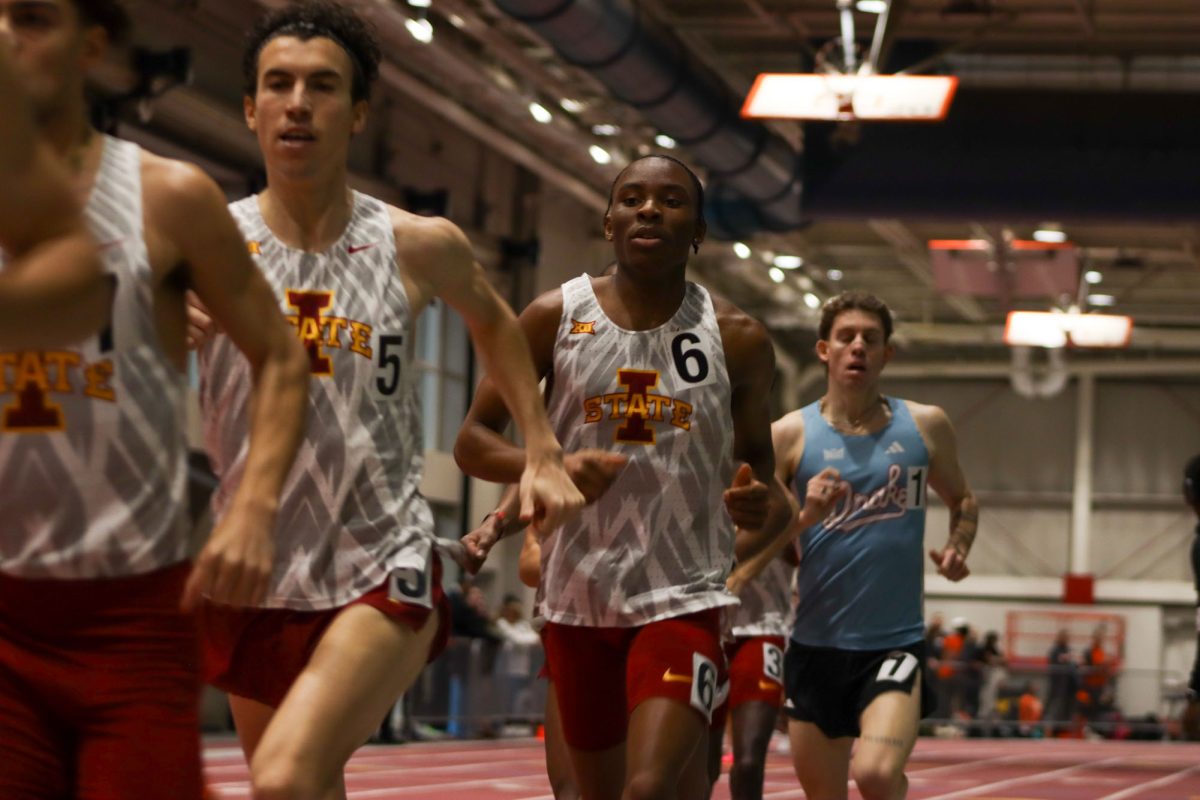Brase: Lizzie Velasquez sets an example to end cyber bullying
body image.jpg
October 7, 2015
Before technology, bullying could be classified as taking a peer’s lunch money in the schoolyard. Then cliques became popular structures that were built to degrade anyone who was not wearing a certain brand to school.
In today’s culture, bullying has advanced and caused an act that was previously restricted to school grounds creep into the Internet.
We are living in the age of cyber bullying.
When she was 17 years old, Lizzie Velásquez of Austin, Texas, found a YouTube video of herself that changed her life. It was called “The World’s Ugliest Woman.” But now, at age 26, she is using her bullies’ words as motivation.
Velásquez was born with Marfan and lipodystrophy and she is blind in her right eye. According to The Marfan Foundation, Marfan affects the body’s connective tissues, which help the body grow and develop.
Lipodystrophy causes the loss of adipose tissue, according to the Mayo Clinic, meaning Velásquez cannot gain weight.
She tolerated the bullying she received in school, but when she saw the video with more than four million views calling her the ugliest woman in the world, the vicious backlash tore to shreds her self-esteem.
Insensitive people on the Internet who used a screen as a shield made comments, telling Velásquez to kill herself and that they could not believe how ugly she was.
According to Today Health and Fitness, Velásquez’s parents told her, “There is nothing wrong with you, you are just smaller than the other kids. You are beautiful and smart and can accomplish anything.”
No one should judge abnormalities because everyone has something that makes them unique, and people do not often want their insecurities advertised because they may be worried about how they will be perceived.
People in the past have made negative comments about my laugh, majors and where I grew up.
I make other people laugh when they hear me laugh, I write because it’s is my passion and my hometown is where my family is. I’m not ashamed of the negative comments people have made about me. Like Velásquez, I use my bullies’ words as encouragement to prove them wrong.
Velásquez only weighs about 60 pounds but has let her big heart do the talking.
If the people who made cruel comments on YouTube met Velásquez in person, they would probably ask for her autograph because she’s made a huge impact on the world since the discovery of her video.
She decided to stand up to her bullies and become a motivational speaker, gaining support from celebrities like Kylie Jenner. She has her own YouTube channel, which has more than 460,000 subscribers. She talks about what it’s like to live a day in her life, and thankfully, she is receiving positive feedback instead of morbid backlash.
Today Health and Fitness reported that Tina Meier, a mother who lost her daughter Megan after she committed suicide because of online bullying on MySpace, is partnering with Velásquez. They are campaigning for U.S. Representatives in Congress to vote for the first federal anti-bullying bill.
Velásquez is trying to overcome those bullies, and more people are supporting her ideas.
The documentary “A Brave Heart: The Lizzie Velasquez Story” was released Sept. 25.
“As soon as Lizzie became more open and honest — whether it was her TED Talk or her YouTube videos — it was clear that people were thirsty for a story of somebody standing up and saying, ‘I’m not going to be a victim, I’m going to make a change,’” Sara Hirsh Bordo, director of the documentary, said on bbc.com.
These efforts are not going unnoticed.
Velásquez was named the recipient of the Hispanicize 2016 Latinovator Award on Sept. 16. The award is given to Latinos who have made an impact in digital content creation, journalism, marketing, entertainment and tech entrepreneurship.
“That video changed everything and it has given me the platform that I have now to be the voice for anyone who’s ever been bullied — and not just myself,” Velásquez told People Magazine.
NVEEE, National Voices for Equality Education and Enlightenment, reported that a child is bullied every seven minutes, and 85 percent of people would not intervene.
Velasquez is trying to be the voice for anyone who has experienced a type of bullying, but she cannot be the only one. I’m not saying she’s the only activist working toward ending bullying, but bullying should not be a common threat in schools or online.
Bullying needs to fade like the tradition of lunch money. It can’t be used as a threat if it doesn’t exist.







